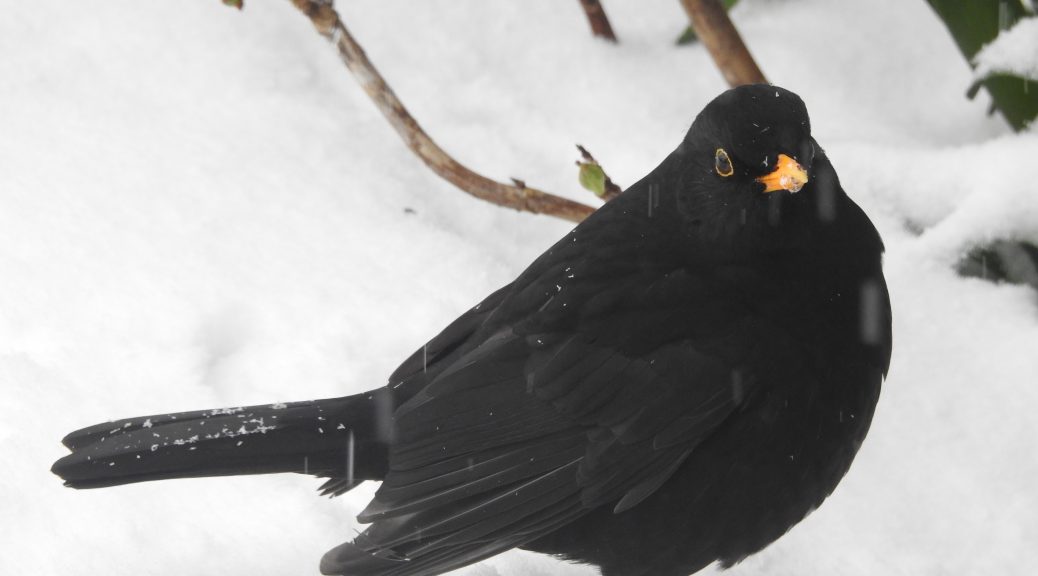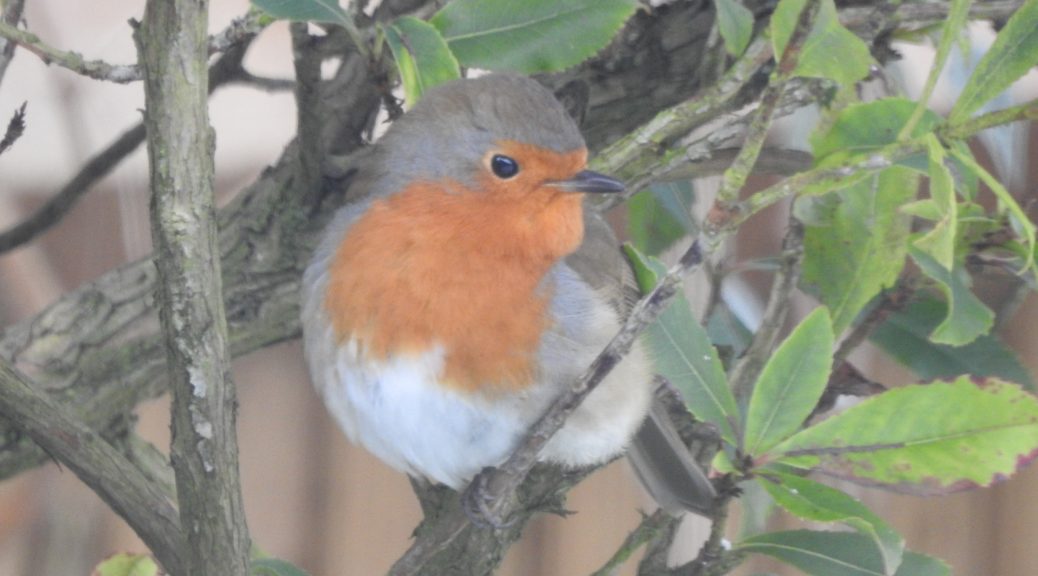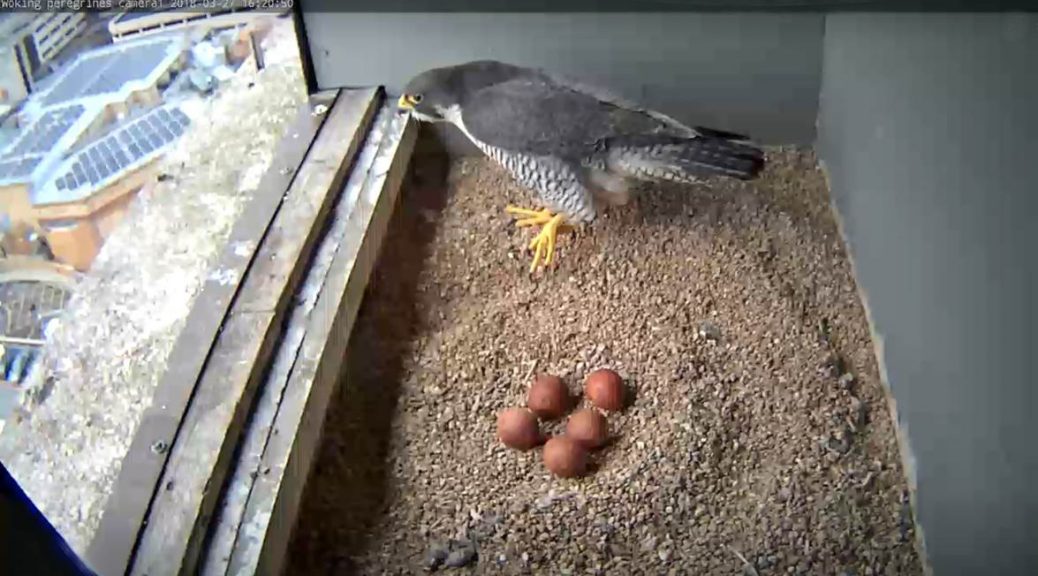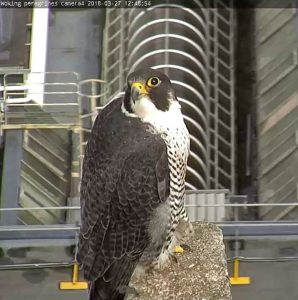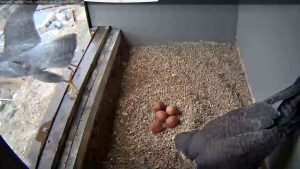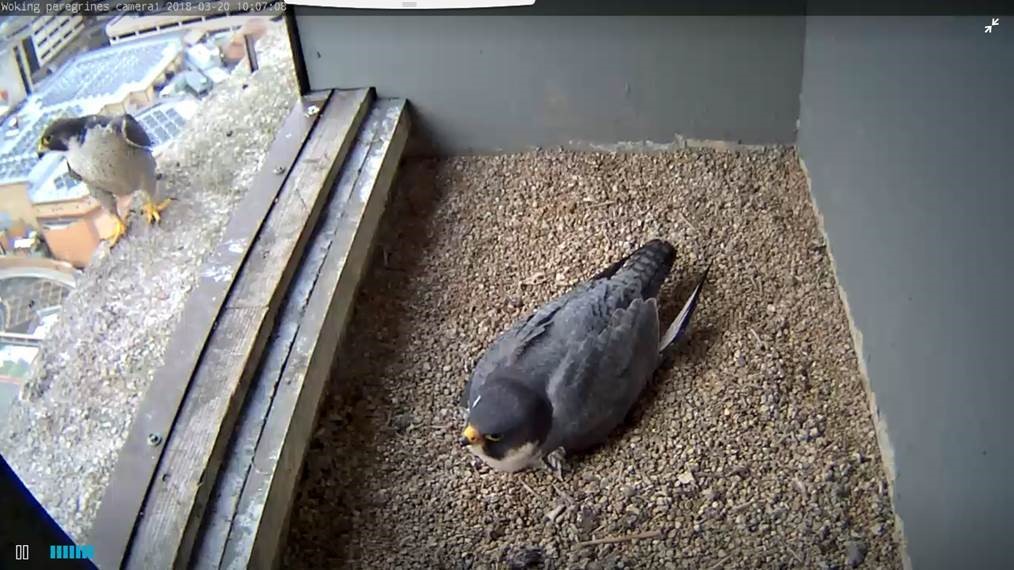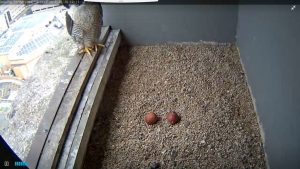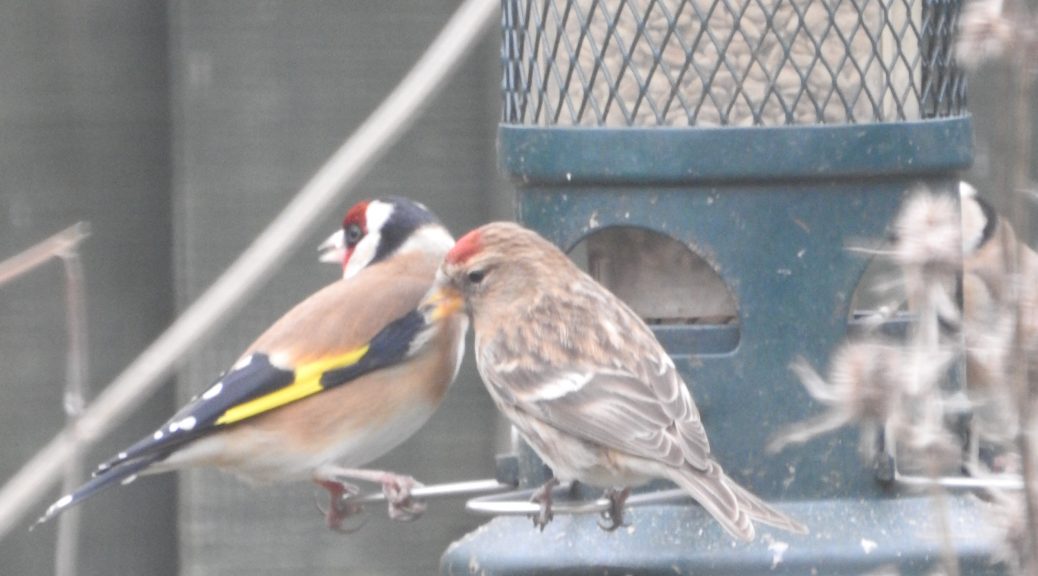Everybody who cares about wildlife will be gathering in central London on 22nd September 2018 for the first People’s Walk for Wildlife. And we know you care about wildlife because your reading this, so please join us there.
Watch this short video for one of the most passionate and yet down to earth explanations of why we have to wake up to what is happening to British wildlife and act. Chris Packham says of our wildlife population’s downward trends “those statistics about those declines become normalised. Like it’s just another part of the conversation”.
He continues “We’re in trouble, we’re in big trouble…… It’s time for us to act. I think it’s time for us to stand up and be counted, and to ask, politely, for things to be fixed”.
Please join this polite, passive walk (it’s not a demonstration or rally) and show your concern for what is happening to our wildlife – whether your interest is for birds, hedgehogs, dragonflies, ferns, trees, fungi or any other of the diverse, beautiful and essential plants and animals that keep our environment healthy.
If your interested in going and want to travel by train with other members of FNW please let me know so we can co-ordinate travel arrangements or arrange to meet in London.
10am: Gather – Reformers Tree, Hyde Park, London
12 noon: Infotainment
1pm: Walk
2pm: Finish – Richmond Terrace


